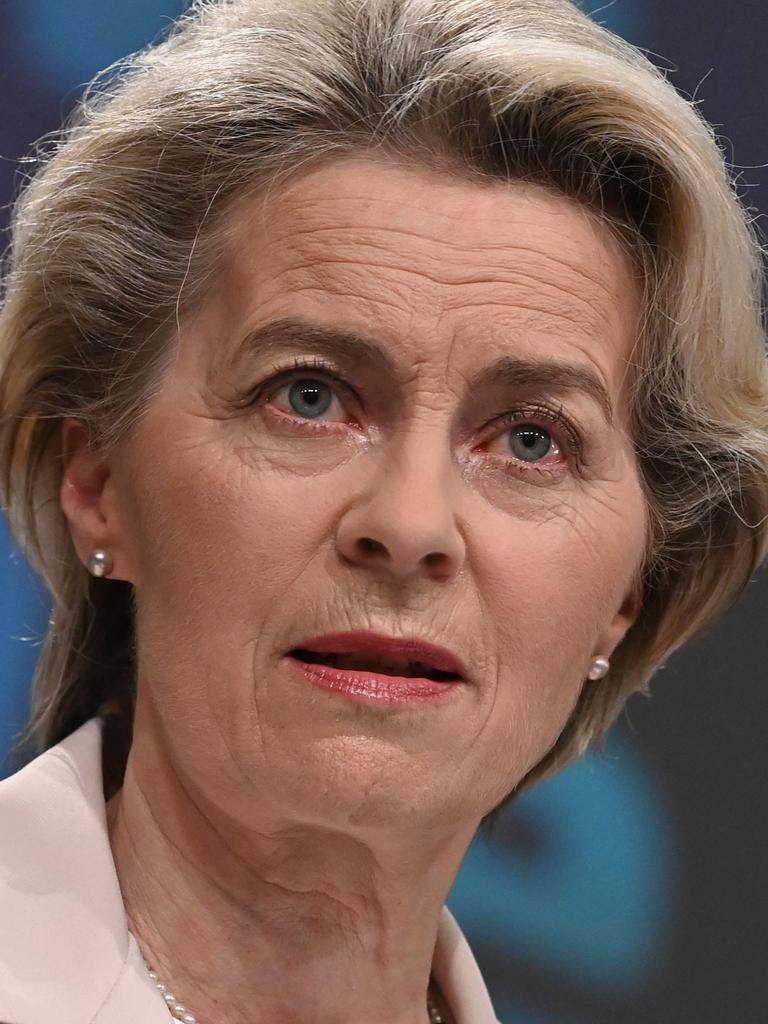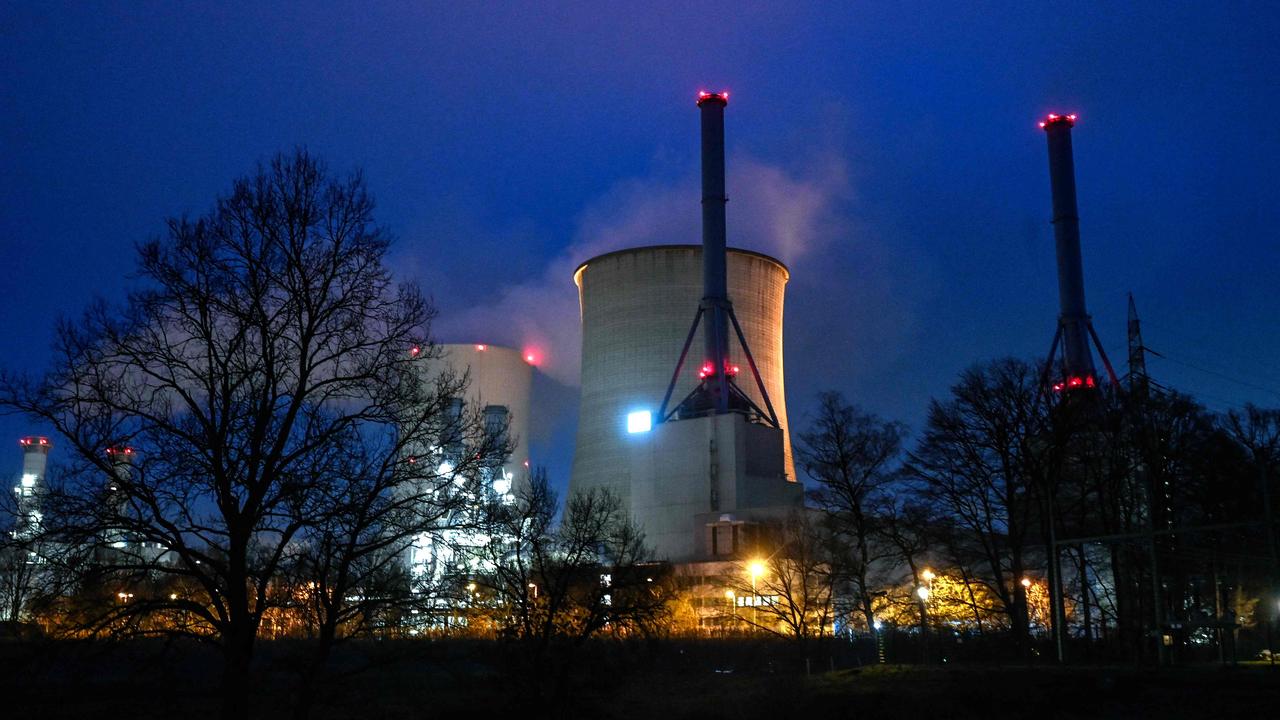Europe set for bitter winter as Putin threatens to cut off continent
European countries are preparing an emergency response as Russia threatens to literally freeze the continent out by cutting off its gas lifeline.

The European Commission has urged European Union countries to reduce demand for natural gas by 15 per cent over the coming months to secure winter stocks and defeat Russian “blackmail”.
Announcing an emergency plan, EU commissioners also asked member states to give Brussels special powers to impose compulsory energy rationing if Russia cuts off Europe’s gas lifeline.
A total shutdown of imports or a sharp reduction in the east to west flow could have a catastrophic effect on the European economy, shutting factories and forcing households to turn down the heat.
Last year, Russia represented 40 per cent of the EU’s total gas imports and any further disruption to supply would also push consumer prices higher and raise the risk of a deep recession.
“Russia is blackmailing us,” European Commission President Ursula von der Leyen told reporters. “Russia is using energy as a weapon and therefore, in any event, whether it’s a partial major cut off of Russian gas or total cut off … Europe needs to be ready.”


Russian President Vladimir Putin has played hot and cold in recent days with his threats to cut off gas deliveries to the bloc of 27 members, but Brussels is asking EU countries to prepare for the worst.
Since Moscow invaded Ukraine on February 24 and the West responded with sanctions, Russia has begun reducing its gas deliveries, apparently to prevent EU countries from replenishing reserves.
Russia cut off the major Nord Stream 1 gas pipeline 10 days ago for maintenance and turned it back on today. There had been fearsamong European leaders that it would not be switched back on.
Putin cast doubt on Wednesday as to whether repair work conducted abroad on a compressor turbine would allow Russia to increase transit.
Alternative gas resources ‘not enough’
The EU has scrambled to replace Russian gas from farther-flung suppliers such as the United States, Norway, Azerbaijan and Algeria.
But the International Energy Agency warned on Monday that non-Russian gas resources “are simply not going to be enough”.
According to the EU plan, each member state should “do its utmost” to reduce gas consumption by at least 15 per cent between August 2022 and March 2023, compared to the average of the last five years over the same period.
By the end of September, countries will have to detail their road map for achieving this.
EU energy commissioner Kadri Simson also outlined a proposal, which like the rest of the package will have to be approved by member states, to give Brussels the powers to demand cuts.
“If the member states are not making sufficient progress, or the situation deteriorates, we propose that the commission can declare a state of EU alert at any moment,” she said.
“This will trigger a mandate or obligation for the member states to meet the 15 per cent cost reduction target.” There will be resistance among some EU capitals to mandatory measures.

But Ms von der Leyen, the commission's president, told reporters the “binding phase” would only be triggered in the case of “a drastic reduction of Russian gas or a complete cut off of Russian gas”.
The plan could be approved at an emergency meeting of energy ministers on Tuesday in Brussels, an EU official said.
Desperate plans to survive winter
The plan showed that the commission’s main focus is on energy consumption by electric power companies and industry, since households make up only 37 per cent of total gas demand.
Brussels also asks that states “switch to nuclear power where it is an option” and advises countries wishing to abandon atomic energy to postpone planned closures of nuclear power plants.
The EU’s plans to survive the winter come amid increased concern over how badly a Russian gas crunch would affect the European economy in the coming months.
BusinessEurope, the EU’s main business lobby, encouraged officials to stick to only “market-based” and voluntary solutions, warning that orders to stop or slow industrial energy use would be calamitous and should only be considered as “a last resort”.
The plan will not include an energy price cap, an idea that has been strongly endorsed by the United States but that Europeans have so far excluded as a viable fix to their overdependence on Russia.





